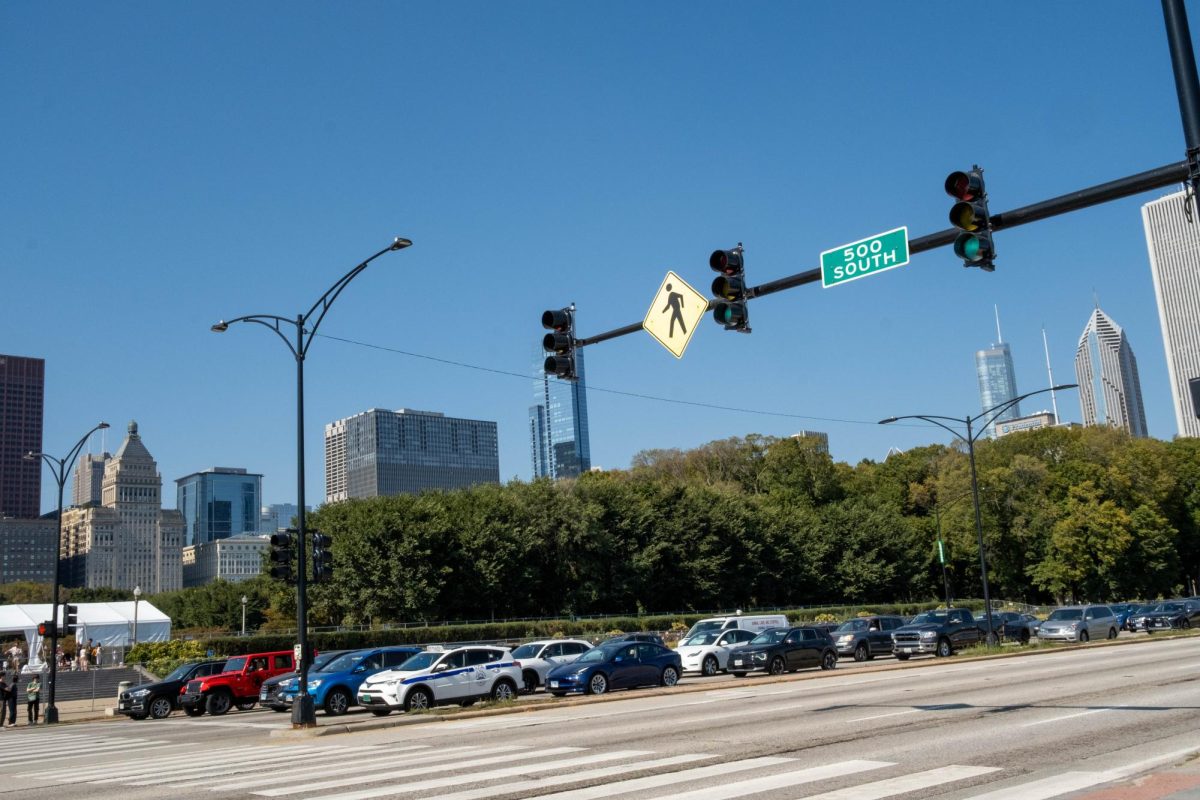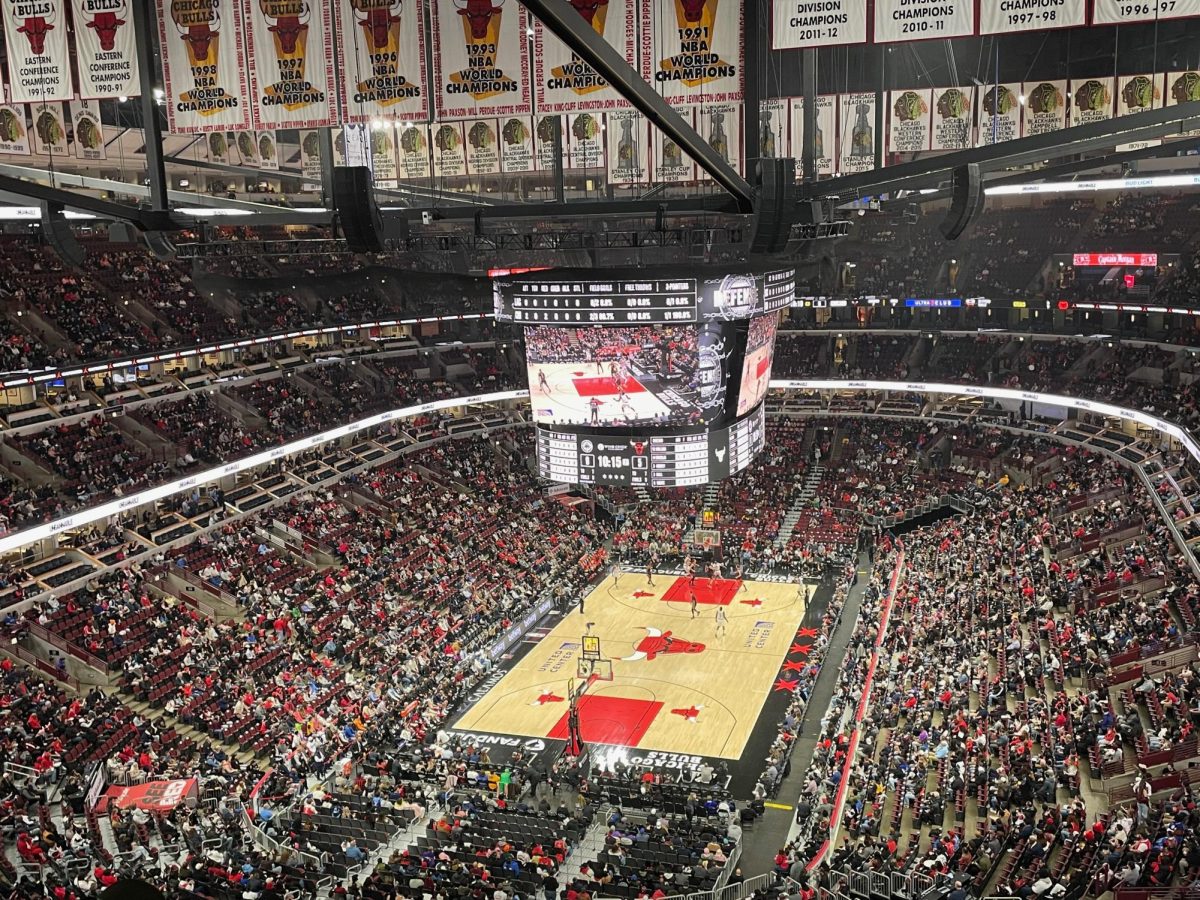Robbie Keane raised his hands, there’s no doubt about that. Likewise, David Beckham cut Keane down. The rules, for both instances, remain quite explicit — both players could have easily been sent off. Beckham’s scything tackle exhibited more brutality than skill, and Keane’s subsequent shove (right to the prized Beckham’s face, no less), was a sheer sign of aggression as well. Unfortunately, the referee, Dermot Gallagher, mishandled the situation. Beckham received a yellow card, and Keane got off with just a caution. Old Trafford, at that moment, seethed with rage, and the storied stadium nearly keeled over with the fans’ frustration. For the past several years, the English Premiership has struggled to eliminate foul play from the pitch. The EPL encourages referees to take a hard-line stance on fouls, deeming that red should be shown for any tackles from behind and any signs of retaliation. If a player sees red for even lightly kicking a ball at an opponent, then surely a malicious shove deserves only the red card. Gallagher, however, thought differently, and he let play continue.
The rest of the Premiership didn’t quite see it that way.
Upon further review, the EPL stated that Keane’s action was indeed worthy of an ejection. With this statement, it was clear that Gallagher had erred badly. Unfortunately, the EPL’s response proved both frustrating and confounding. Certainly, Keane deserved a red card for his rash shove, and the EPL was correct on that point. Perhaps Beckham deserved a red too — his challenge lacked any competitive purpose. In any case, the EPL decided to demote Gallagher to call only First Division games for an unknown amount of time. While Gallagher should be reprimanded — he missed a clear call and sacrificed the consistency of refereeing throughout the Premiership — this relegation to the First Division stands as a poor choice by the Football Association officials.
By relegating Gallagher, the EPL implies that refereeing remains inconsistent throughout England. Gallagher, obviously not prepared to call a Premiership match, still has the potential to call a First Division derby, at least by the FA’s account. This is erroneous reasoning. The FA must do everything in its power to ensure a consistent level of refereeing throughout top-flight English football. Gallagher’s poor refereeing endangers all players, whether they play in the premier division or the third division. Granted, the level of play changes drastically as one rises through the different divisions, but the rules remain the same. Beckham cut Keane down, and Keane retaliated with a shove. Even teenagers engage in this behavior, and the call throughout all levels should be the same. The play in question had nothing to do with skill, with pace, or with quality on the field. But the play had everything to do with a referee’s ability to make cogent decisions under pressure. Gallagher failed.
For his inability to make the correct call, Gallagher should have been suspended indefinitely from the Premiership. Dropping him down to the First Division just insinuates that the First Division has lower-quality refereeing, along with a lower quality of play. The FA has a responsibility to maintain the highest possible level of refereeing. Demoting Gallagher simply allocates Gallagher’s deficiencies to another area, rather than eliminating or rectifying his inadequacies.
Proper refereeing is an extremely difficult skill to attain. Compared to the rest of world football, refereeing doesn’t pay all that well. Refereeing comes with a massive amount of pressure, and forces naturally biased, fallible individuals to make consistent, authoritative decisions. Some referees shine at this, but many, many more make inconsistent calls and infuriate players, fans, and, occasionally, higher level authorities. Gallagher’s demotion doesn’t solve the problem: it only neatly sweeps it under the rug. Referees need more training, perhaps even more pay (although they have protested and received pay raises), and, perhaps, the FA should seriously consider allowing more officials to call a single game.
Fans constantly protest more interruptions to the game, arguing that football remains free flowing and fluid. Nevertheless, for the health of players and the ebb and flow of countless matches, referees must be authoritative and decisive. Putting so much pressure on one man, aided only somewhat by line judges and the like, could quickly become too much. The problem only seems more daunting, considering the quickly rising stakes in professional football. FIFA constantly spouts phrases like “For the Good of the Game” and, ironically, “Fair Play.” To dissuade brutality on the pitch and throughout the game, the FA and FIFA need to start taking its tired cliches to heart.








